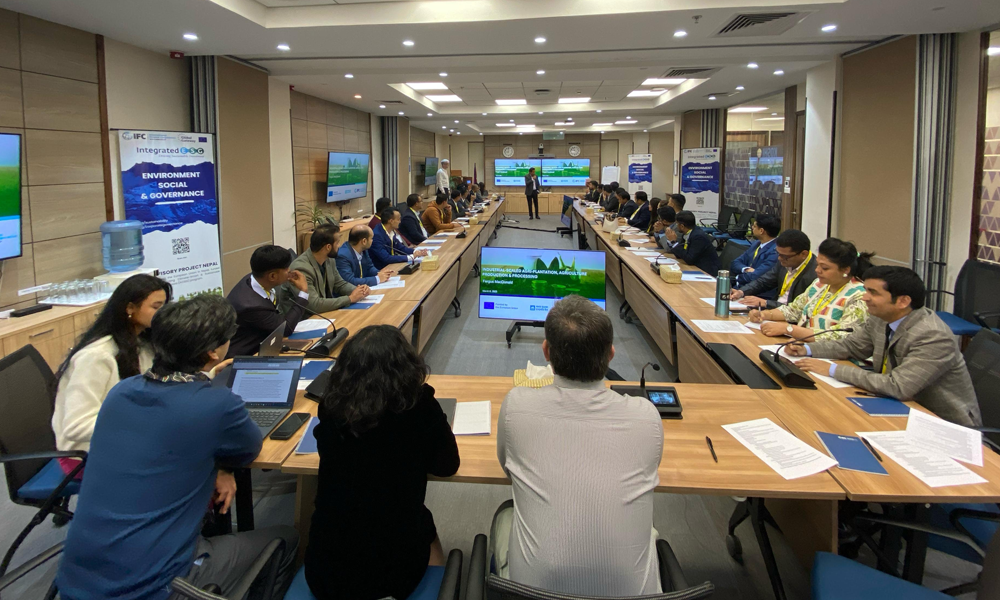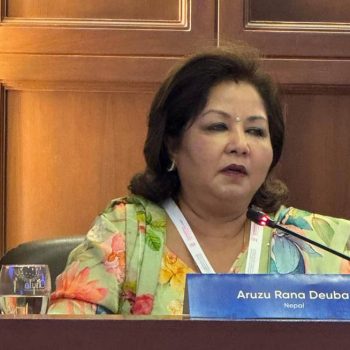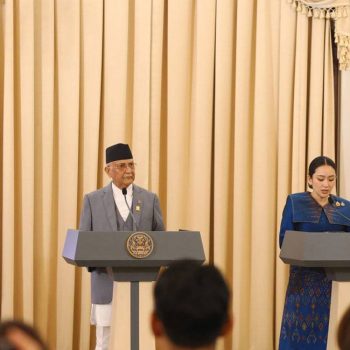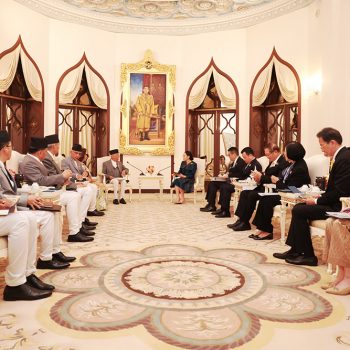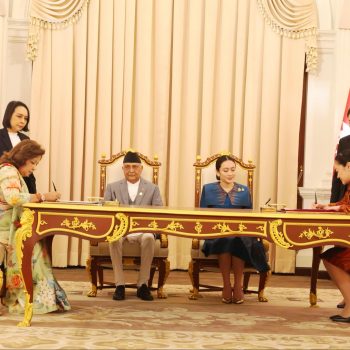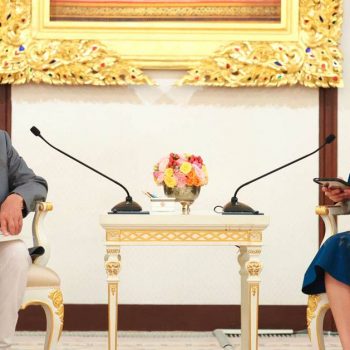Policies and programs not being introduced this year, Budget Speech to be held at the Office of Prime Minister
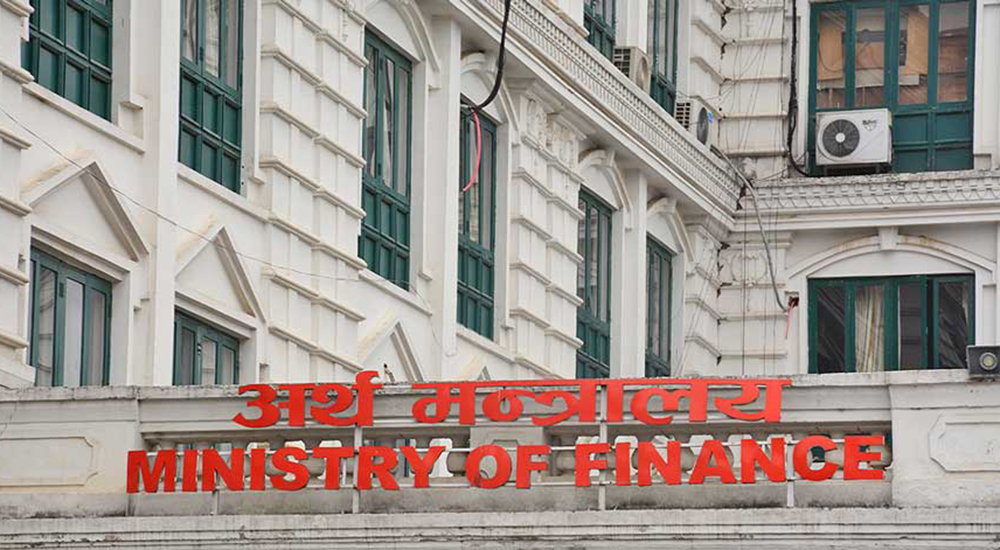
KATHMANDU: As the House of Representatives has been dissolved, the government has decided not to bring policies and programs this year. The budget for the coming fiscal year is being brought through an ordinance.
Finance Minister Bishnu Prasad Poudel is scheduled to deliver a budget speech at the Prime Minister’s Office at Singha Durbar on 29th May. As there exists a practice of delivering the budget speech in a joint sitting of both the parliaments, alternative measures have been taken this year since the House of Representatives is in a dissolved state. The practice of presenting policies and programs by the President one month before the budget speech has also been broken. Earlier budgets were prepared based on policies and programs.
Other budget speech processes have also been cut. As the government dissolved the parliament and declared elections, the parliamentary procedures related to budget formulation could not proceed. Prime Minister KP Sharma Oli’s government was in the minority and did not present its policies and programs in parliament for fear of not being passed. Due to this, the process and discussions ahead of the budget could not take place.
Opposition leaders and experts have been pushing for the government to cancel the new budget as it has not been presented to the parliament. Shankar Sharma, the Former Vice-Chairman of the National Planning Commission and drafter of the federal economic system, says that the new budget being brought through an ordinance was not envisaged in the constitution.
“It was not envisaged that the parliament will be dissolved and the budget will be presented through an ordinance.” He said, “The government can present the budget within the framework of ethics and discipline based on the precedents and traditions of the past.”
He emphasized that it would be appropriate not to present the budget as the budget of the current fiscal year will cover the expenses till August. But the government has made final preparations to present the budget. Even if the government does not change the tax rates through the budget, it is possible that the old age allowance will be increased to Rs 5,000 and the salary allowance of government employees may also be increased.
Sharma argues that if the government presents popular programs at such a time, the upcoming government cannot stop them.
“If the government brings popular programs at this time, they will be implemented. The upcoming government cannot stop this. If the government increases the social security allowance and the salary allowance of the employees, this will also be implemented,” he said.
According to legal experts, despite there being a provision that ordinances issued will be automatically repealed if it does not get legal recognition within 60 days, the current ordinance will be recognized as there is no parliament currently.
If the budget comes through an ordinance, there is no problem for it to get legal recognition. Economist Sharma says the new government may or may not continue with the budget that came through the ordinance. He also says the new government can also present supplementary estimates.
Writ petitions have been filed in the Supreme Court seeking an interim order, saying that the government has brought an unconstitutional budget.
Process before budgeting
There is a legal provision that the President should present the government’s policies and programs in a joint sitting of the federal parliament one month before the budget is presented. But the policies and programs were presented after the pre-budget discussion last year.
The policies and programs are passed by the parliament after the Prime Minister answers the questions raised by the parliamentarians. It is customary for the Finance Minister to present the Priority Principle (other than the tax proposal) of the Budget Appropriation Bill in the Parliament 15 days before the presentation of the budget and to pass the Appropriation Bill including the suggestions made. This is also called pre-budget discussion. The budget is normally presented on 29th May only after the Finance Minister presents the economic survey in the parliament.
There is a legal obligation to present the financial bill in the sitting of the parliament immediately after presenting the budget. The budget is passed only after the House discusses the policy direction, expenditure and sources of income, and changes in the tax rate. However, due to the dissolution of the parliament, no such procedure has been adopted in the budget of the coming fiscal year.
In the meantime, the government has dissolved parliament and called for elections. Experts have been saying that new programs should not be included in the budget presented by the caretaker government.




